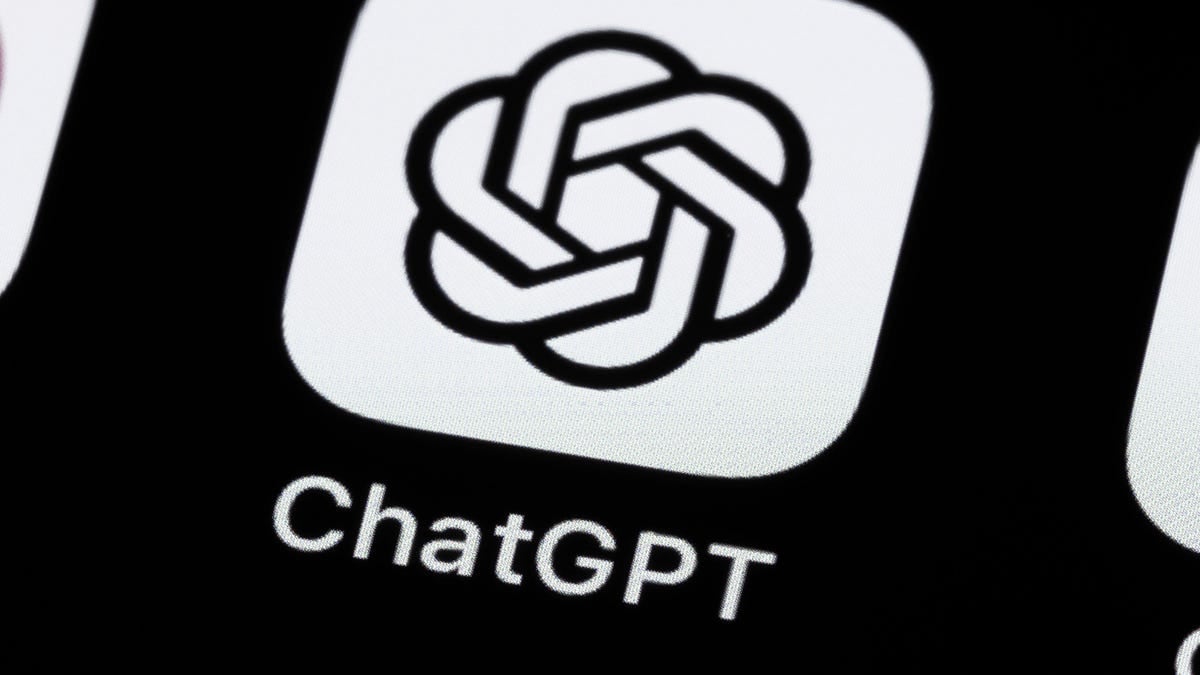- cross-posted to:
- [email protected]
- cross-posted to:
- [email protected]
The research from Purdue University, first spotted by news outlet Futurism, was presented earlier this month at the Computer-Human Interaction Conference in Hawaii and looked at 517 programming questions on Stack Overflow that were then fed to ChatGPT.
“Our analysis shows that 52% of ChatGPT answers contain incorrect information and 77% are verbose,” the new study explained. “Nonetheless, our user study participants still preferred ChatGPT answers 35% of the time due to their comprehensiveness and well-articulated language style.”
Disturbingly, programmers in the study didn’t always catch the mistakes being produced by the AI chatbot.
“However, they also overlooked the misinformation in the ChatGPT answers 39% of the time,” according to the study. “This implies the need to counter misinformation in ChatGPT answers to programming questions and raise awareness of the risks associated with seemingly correct answers.”



My experience with an AI coding tool today.
Me: Can you optimize this method.
AI: Okay, here’s an optimized method.
Me seeing the AI completely removed a critical conditional check.
Me: Hey, you completely removed this check with variable xyz
Ai: oops you’re right, here you go I fixed it.
It did this 3 times on 3 different optimization requests.
It was 0 for 3
Although there was some good suggestions in the suggestions once you get past the blatant first error
Don’t mean to victim blame but i don’t understand why you would use ChatGPT for hard problems like optimization. And i say this as a heavy ChatGPT/Copilot user.
From my observation, the angle of LLMs on code is linked to the linguistic / syntactic aspects, not to the technical effects of it.
Because I had some methods I thought were too complex and I wanted to see what it’d come up with?
In one case part of the method was checking if a value was within one of 4 ranges and it just dropped 2 of the ranges in the output.
I don’t think that’s asking too much of it.
Apparently it was :D i mean the confines of the tool are very limited, despite what the Devin.ai cult would like to believe.
That’s been my experience with GPT - every answer Is a hallucination to some extent, so nearly every answer I receive is inaccurate in some ways. However, the same applies if I was asking a human colleague unfamiliar with a particular system to help me debug something - their answers will be quite inaccurate too, but I’m not expecting them to be accurate, just to have helpful suggestions of things to try.
I still prefer the human colleague in most situations, but if that’s not possible or convenient GPT sometimes at least gets me on the right path.
I’m curious about what percentage of programmers would give error free answers to these questions in seconds.
Probably less than the same amount of developers whose code runs on the first try.
And ya, it did provide some useful info, so it’s not like it was all wrong.
I’m more just surprised that it was wrong in that way.
My favorite is when I ask for something and it gets stuck in a loop, pasting the same comment over and over